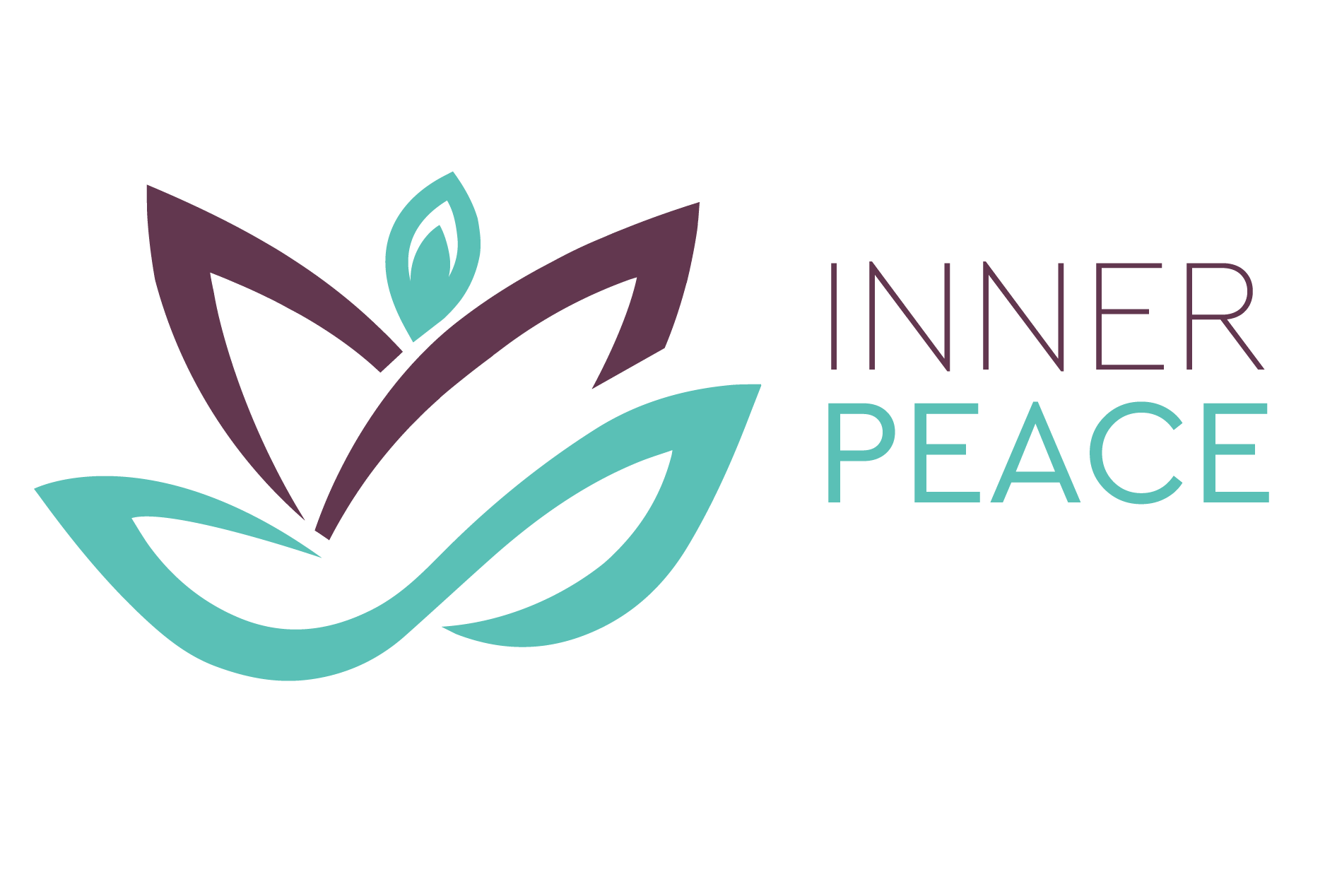Back in my undergraduate college days, I used to pride myself on being good at the game, DoTA. I would play the ”support” role and make sure none of my allies ever die during our game.
Most of the time, my friends and I would win because of my great support skills. I regarded myself highly in terms of skills. I was mostly confident and achieved results. Sounds great, right?
Except when I didn’t do well, I’d get pissed at my teammates, or even myself. When we lost crucial points in our game, I’d sometimes bang the table (or the keyboard, when the security guard isn’t in the room) in anger.
“I could have done better. I’m good at this!” I screamed inside my head.
Some people tell me I have a good dose of self-esteem. However, when things don’t go the way they should, I get all critical of myself or others. “Why can’t you be better?!” I might demand. True enough, other people experience self-esteem in different areas of their lives.
What aspects of yourself are you proud of? Perhaps you are a top-notch student who always has good grades, or a high-performing employee at work. Maybe, like me before, you take pride in your awesome gaming skills!
The happiness and pride at being successful truly are nice feelings to have. But if circumstances were to shift for the worse, we might find ourselves falling short of our expectations. Some resort to blaming themselves or others. In short, self-esteem can have a steep price when in failure.
Fortunately, modern psychology has uncovered a gentle alternative to self-esteem, called self-compassion. If the term sounds too mushy or something that came from a religion, bear with me!
To be self-compassionate means to be as kind to ourselves as possible, even in times of weakness or failure. It allows us to treat ourselves gently, as we would our loved ones or friends.
One exhausting week in graduate school, I submitted a finely crafted (or so I thought) research paper on a topic of my interest. Any teacher of a research class always held the trademark red ball pen of doom. Smug as I was, I expected the teacher to go through my work without commenting much.
To my horror, he drilled my work again and again with the dreaded pen. The ink in the paper resembled blood, a fluid ever disappearing from my pale face. Apparently, I did a lot of things wrong and had to work on the paper again! I walked out of class demoralized and depressed.
Good for me, the research I worked on was about self-compassion. As soon as I was aware of my sad state, I quickly made sure no one would see what I was about to do. I slowly whispered to myself.
“Gwapo gihapon ka Chen. (You are still handsome Chen)”
Then I kissed my biceps multiple times, soothing myself in a warm and supportive manner. (Don’t judge me!) Yeah, it was unmasculine, but it gave comical relief and made me want to finish my work.
Being self-compassionate does not have to involve lots of rubbing and kissing (though you are welcome to try for yourself when you are down, *wink*), sometimes it involves simply being aware that we are hurting or needing support.
Instead of saying the usual “I’m not enough” tape recording to ourselves, we replace it with a kinder and more supportive “It’s okay to make mistakes, it’s okay to be human” version. Commonsensical though it may be, I find most people beating themselves up a number of times in their lives.
Self-esteem makes us feel good when we are successful and superior to others. In contrast, self-compassion is there when self-esteem fails us, in times of embarrassment and failure.
In the end, we must answer the question: “Which do I wish to grow?” Once you are aware of your attitude, you have the freedom to keep it or change.
*This blog entry is reposted from the website formerly known as ChenPsych.com. The original post was created on August 29, 2016.


